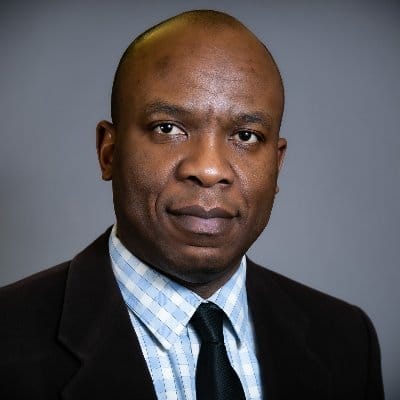eople who build things, solve problems, or create value should be the ones who rise. But that’s not the way it works.
The person who becomes rich quickest isn’t always the one with the best ideas. It’s often the one who knows someone in power. Contracts awarded quietly. Figures inflated. Work barely done — or not done at all. That’s how wealth is built in too many corners of this country.
Meanwhile, people running real businesses are fighting to survive. The welder training apprentices. The tailor paying rent on a one-room shop. The developer working through the night to write code. Their work is serious, their effort real, but without access, progress stalls.
Most of the country’s wealthiest didn’t start out by solving a major problem or building something new. Their stories often begin with government, not innovation. That reality explains why so few of them built wealth from scratch, through ideas or products that scaled without political help.
This environment rewards closeness over competence. The more connected you are, the more secure your future. The less plugged in, the harder it is — no matter your skills.
That’s a broken system.
In other parts of the world, governments still play a role, but the focus is different. When the U.S. backed Nvidia through research funding and tech development programs, it wasn’t handing out favors. It was supporting an ecosystem. Nvidia rose because its products worked, and because the playing field allowed winners to emerge based on performance.
Tesla and SpaceX had public money too. But there were clear terms. Deliver or get cut off. No long-term contracts without output. Those companies thrived because they met the moment, not because someone called in a favour from the top.
Here, money often moves before any work begins. And when things fail, no one answers for it.
This approach limits the country. It sidelines builders. It turns ambition into frustration.
What’s needed isn’t a miracle. It’s a shift in how the government sees its role, not as the main source of wealth, but as a supporter of those who can create it. Back businesses doing serious work. Fund research. Build basic infrastructure that helps many, not just a few.
If resources are allocated only to the connected, wealth will remain in the same hands. But if the environment changes, more people will take the risk to build, to invent, to grow. That’s when real development begins.
Until then, too much money will keep flowing in the wrong direction — and the future will stay locked behind office doors instead of being shaped in workshops, labs, and studios across the country.
Abidemi is the Managing Editor @ Newspot Nigeria

